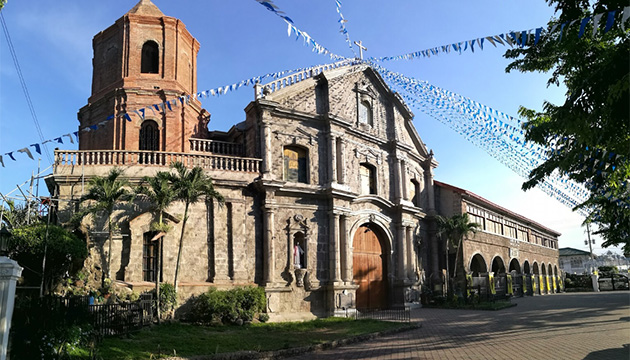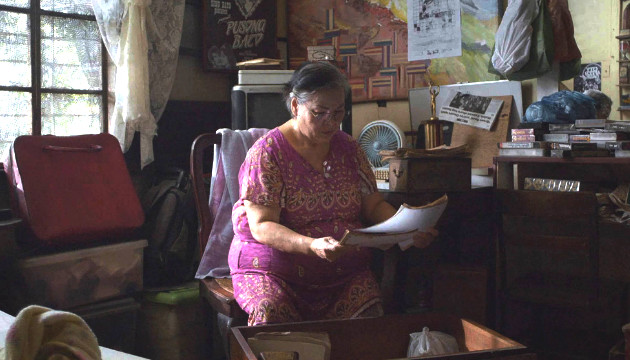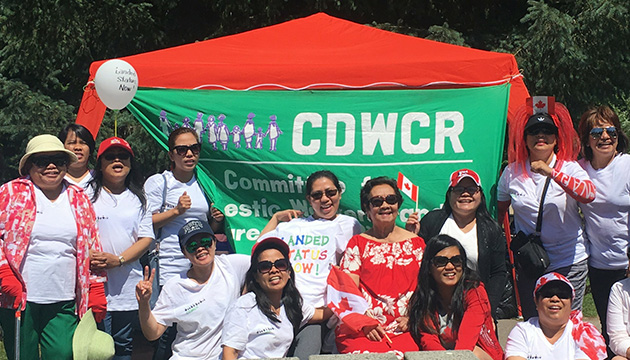December 1, 2024 — Canada prides itself as a defender of human rights across the world.
However, the country risks putting this standing in question because of its dealings with the Philippines, a nation with a dire human rights situation.
This caution was expressed by Jess Agustin when he appeared before the Standing Committee on National Defence of the House of Commons on November 7, 2024.
Agustin chairs the campaign committee and is a member of the national council in Canada of the International Coalition for Human Rights in the Philippines (ICHRP).
“Given Canada’s strong stance on human rights, it is concerning that human rights are not made a precondition for trade and security cooperation with the Philippines,” Agustin told the parliamentary committee.
An ICHRP-Canada briefing paper cites statistics compiled by the Philippine-based alliance called Karapatan about the human rights record of the current government under President Ferdinand Marcos Jr. [Karapatan is a Tagalog word meaning “rights”.]
As an example, Karapatan figures show that since Marcos assumed office in July 2022, there had been 105 cases of extrajudicial killings up to June 2024.
Also, a total of 755 political prisoners languish in Philippine jails.
In his testimony before the committee chaired by Ontario MP John McKay, Agustin said that Canada should “demand that the Philippine government address these ongoing violations”.
“Anything less risks severely damaging Canada’s global reputation,” the Quebec-based advocate told parliamentarians.
Agustin recalled that in recent years, Canada “shifted its approach toward strengthening economic, security, and trade ties with the Philippines through its Indo-Pacific Strategy, which emphasizes commercial growth and regional security”.
Agustin was referring to the comprehensive plan launched on November 27, 2022 by the federal government of Prime Minister Justin Trudeau to deepen ties with the Indo-Pacific region, which includes the Philippines.
However, Agustin noted, the increasing defence collaboration between Canada and the Philippines “raises critical concerns”.
Karapatan secretary general Cristina Palabay testified online, and referenced reports of ongoing negotiations for a Status of Visiting Forces Agreement (SOVFA) between the two countries.
For background, a visiting forces agreement provides conditions for the stationing of foreign military forces in a host country.
“As Canada develops its security agreements with the Philippine government, we believe that it is critical to put human rights and IHL [international humanitarian law] at the front and centre of the discussions,” Palabay said.
Palabay noted that many of the human rights violations are happening as a result of the Philippine government’s counterinsurgency campaign.
There is an ongoing armed conflict between Philippine security forces and the New People’s Army, the armed wing of the Communist Party of the Philippines.
“We fear that with the SOVFA being negotiated between our countries, Canadian troops and assets may be directly involve in these counterinsurgency campaigns that directly cause these violations,” Palabay said.
As well, “We sincerely believe that the SOVFA will encourage, if not worsen the climate of impunity in the Philippines, and will place Canadian troops in the context of the counterinsurgency war making Canada complicit in the violations committed in it.”
The ICHRP-Canada briefing paper stated that Canada’s Indo-Pacific Strategy “signals a shift from Canada’s long standing role as a peacekeeper and humanitarian actor toward a more militarized role”.
“Canada’s initiatives such as the enhanced defense cooperation with the Philippines, the annual deployment of Royal Canadian Navy ships under Operation Horizon, Canada’s participation in the Cooperation Afloat Readiness Training (CARAT) series, such as the Exercise Sama Sama and the Status of Visiting Forces Agreement (SOFVA) being negotiated with the Philippine government, which are purportedly aimed at strengthening regional security, risk being perceived as tacit support for regimes accused of human rights violations, such as the administration of Ferdinand Marcos Jr.,” group declared.
On October 10, 2024, Trudeau and Marcos Jr. met at the sidelines of the Association of Southeast Asian Nations (ASEAN) summit in Vientiane, Laos.
Notes from the meeting released by Trudeau’s office read: “President Marcos Jr. noted that the Canada-Philippines relationship is stronger than ever, and the two leaders discussed progress in different areas of bilateral co-operation, including defence, development assistance, trade, agriculture and agri-food, education, and clean technologies.”
Marcos is anticipated to come for a state visit in Canada this fall, which will serve as the highlight of the ongoing celebration of the 75th anniversary of diplomatic relations.













